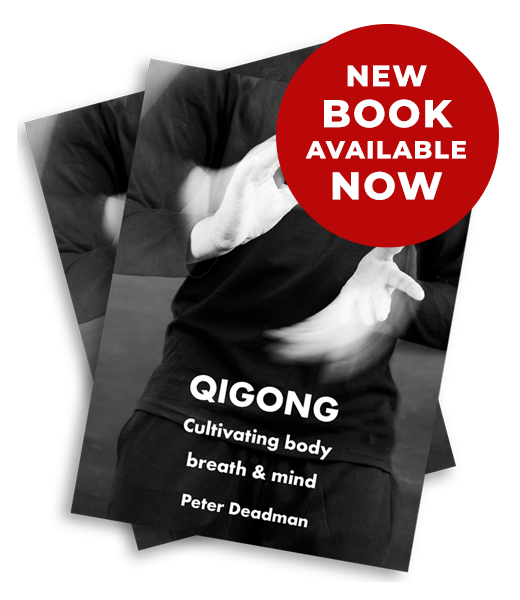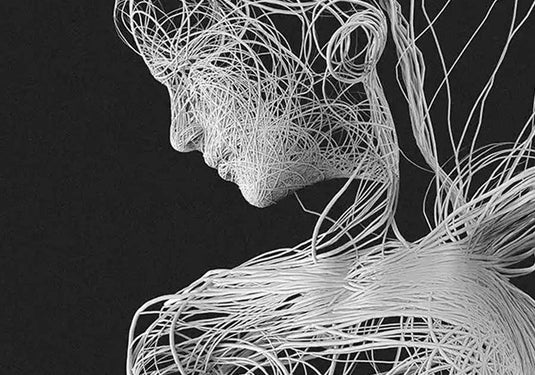The idea that excessive emotions can cause disease has been part of Chinese medicine theory for at least two millennia. Nearly a thousand years ago, when the causes of disease were first classified into three distinct types, excess of the ‘seven emotions’ formed one whole category.
The most harmful of these was always considered to be anger – both acute and long-standing. For example, it was observed in the 100 BCE Yellow Emperor’s Classic of Internal Medicine that a fit of anger causes blood (and qi) to rush up to the head. Recent research into the triggers of stroke confirmed this when it reported that an episode of fury within the previous 24 hours was the single most common factor reported by stroke sufferers.
Anger was also said to attack the chest – interfering with the healthy function of the heart and lung. This has been confirmed over the past couple of decades by research showing that long-term anger significantly increases the risk of coronary heart disease and atrial fibrillation on the one hand, and diminished lung function on the other.
Now brand new research has added to the mix. A report published this month in the American Heart Association’s Circulation journal reports that being very upset or angry doubles the risk of heart attack within an hour, as does very vigorous exercise – for example in the gym. But when the two are combined … being angry while exercising (attempting to “blow off steam” by exercise), the risk triples.
This of course confirms the wisdom of the Chinese ‘internal’ exercise tradition where even vigorous training must be carried out with a calm and centred mind.
The study was carried out by asking over twelve thousand people from 52 different countries what triggers had occurred in the hour before their heart attack. With an air of surprise (Chinese medicine practitioners heave a weary sigh here), the researchers say that the study “provides more evidence of the crucial link between mind and body”.
They continue, “Excess anger, under the wrong conditions, can cause a life-threatening heart attack. All of us should practise mental wellness and avoid losing our temper to extremes. People who are at risk for a heart attack would do best to avoid extreme emotional situations.”
Or as the 3rd century BCE Annals of Lu Buwei said, “Extremes of joy, anger, anxiety, fear, or grief – if these five become part of the spirit, life is harmed.”
Physical Activity and Anger or Emotional Upset as Triggers of Acute Myocardial Infarction





